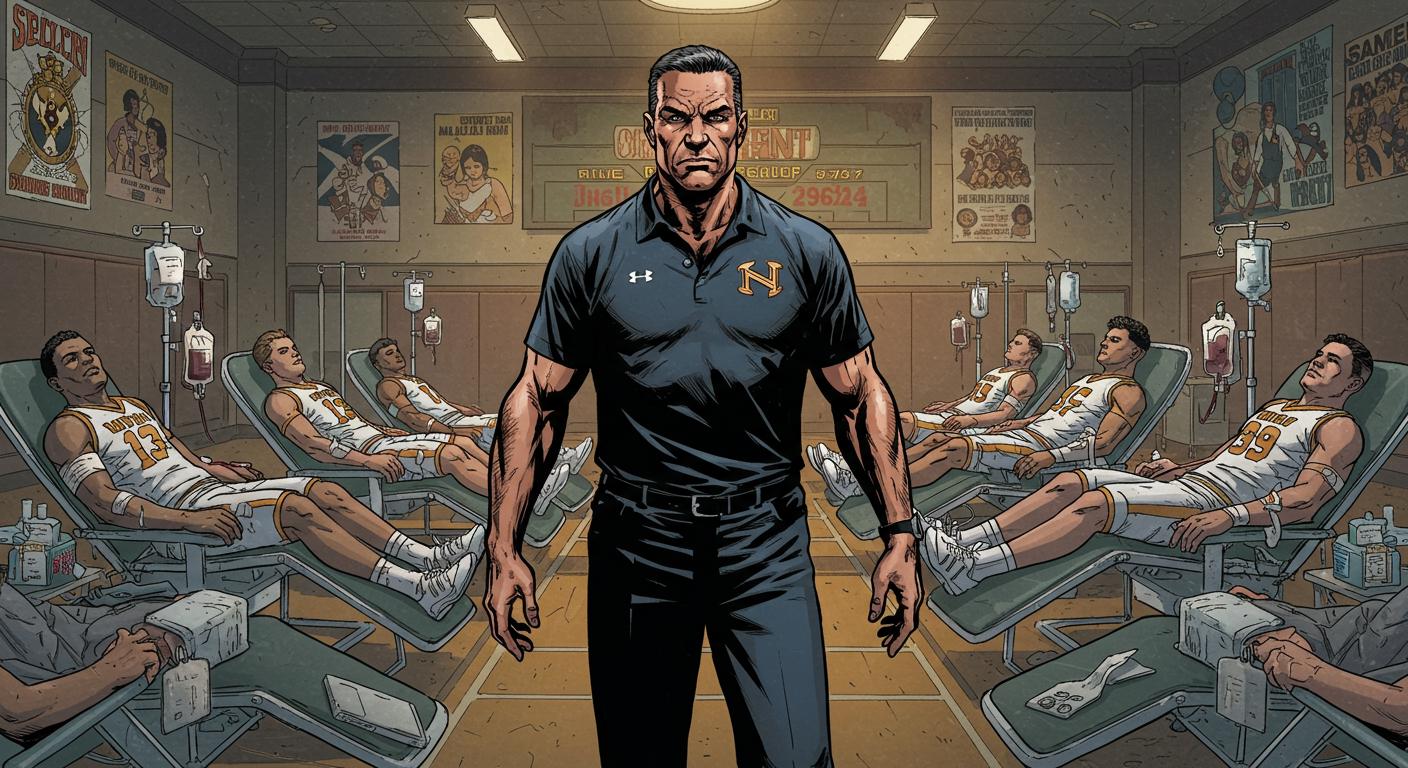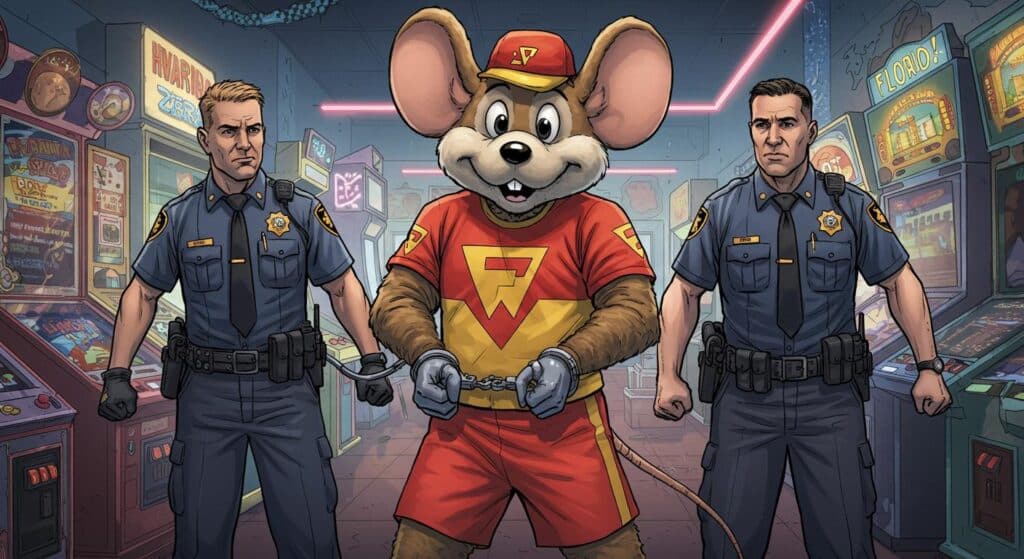If your bar for educational scandals was already on the floor, this week delivers a story out of Taiwan that seems to tunnel under it, diploma in hand and more than a whiff of the gothic. The bare facts are these: a women’s football coach at National Taiwan Normal University, Zhou Tai-ying, has been accused of coercing student-athletes into donating blood—sometimes hundreds of times—in exchange for essential graduation credits. Unsurprisingly, given the headline-grabbing details, Zhou has since become known as the “vampire coach.” It’s less horror novel than bureaucratic fever dream, but the peculiarity is undeniable.
Blood, Sweat, and… Thirty-Two Credits
As first described in The Indian Express, the story came to light when a student identified by the surname Jian publicly alleged that Zhou forced players to undergo repeated blood draws—sometimes as many as three times a day for up to 14 days running. Jian wrote on social media, “By the eighth consecutive day of blood draws, they could barely find a vein in either arm. They even tried my wrist and failed. It was excruciating.” One video posted alongside her complaint shows Jian, visibly distraught, as a needle is inserted into her wrist—six attempts before success.
The demands were hardly voluntary; according to multiple reports including South China Morning Post, students risked losing academic credits, facing delayed graduation, or even expulsion if they refused to comply. In total, Jian claims she endured over 200 blood samples during her time at NTNU, all under the guise of “participating in research experiments” that were, in practice, anything but standard.
As detailed further in Daily Jagran, the blood draws were frequently performed by untrained personnel, raising both ethical and safety concerns. The outlet also highlights that students allege funds meant for research participants were instead redirected by Zhou as so-called “team funds,” adding another layer of peculiarity to the saga. One student revealed she was too afraid to inform her parents about the ordeal, worried about causing them further distress.
It’s worth pausing here: What would drive so many students to comply with a request that, by all accounts, defies reason and basic well-being? Was it institutional pressure, misplaced trust, or just a lack of avenues to safely say “no”?
Fallout and That Lingering Suspicion
As outrage snowballed, the university responded. According to the earlier reports and confirmed by The Indian Express, National Taiwan Normal University dismissed Zhou from all coaching and administrative responsibilities and permanently barred her from involvement in campus sports. A handwritten apology from Zhou appeared on university channels, expressing regret for the harm caused to students, faculty, and the school’s reputation. Yet, as both The Indian Express and Daily Jagran note, this apology—along with the official announcement—was swiftly deleted from the university’s social media pages. The disappearance has only amplified suspicions of a half-hearted response or attempted cover-up.
While the Taiwanese Ministry of Education issued administrative penalties against NTNU and directed remedial actions, calls for a criminal investigation remain strong. The Daily Jagran points out that the exact motive behind the forced blood donations and the extent to which Zhou, or anyone else, may have profited—financially or otherwise—remains unclear. A vocal contingent online wonders whether Zhou was truly acting alone or if wider institutional blind spots made such oddities possible. The story has exposed deep concerns about student protections, research ethics, and the oversight (or lack thereof) of university athletic programs.
For those following along, it’s easy to wonder: How many warning signs need to flash before someone asks, “Wait—should this be happening?” When “giving 110%” for a team goes from metaphor to medical anomaly, how do we draw the line between dedication and dangerous compliance?
The NTNU saga isn’t just a uniquely surreal campus scandal, but a case study in why accountability—however awkward—matters. Strange times, stranger lessons. And, perhaps, reason enough for everyone to re-examine what really counts as “extracurricular activity.”







